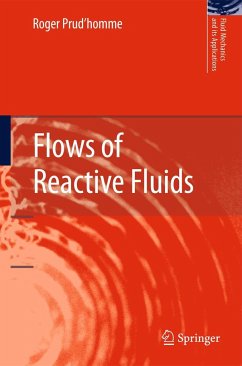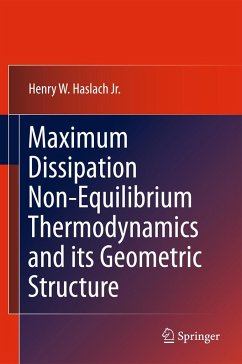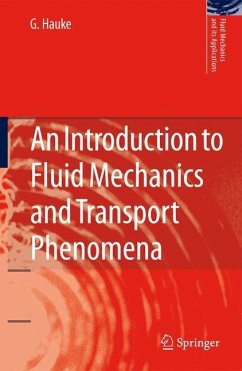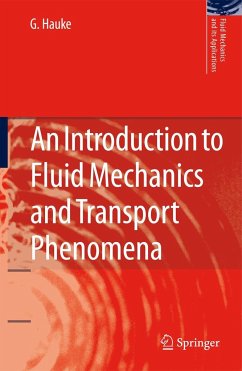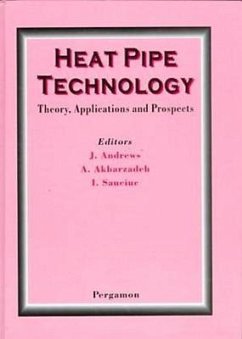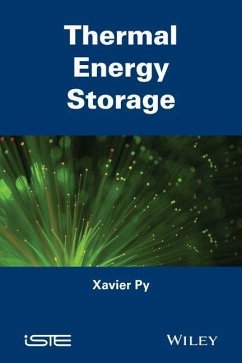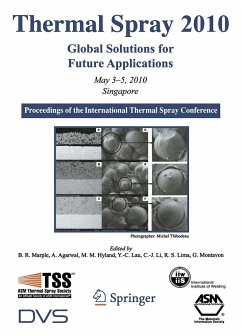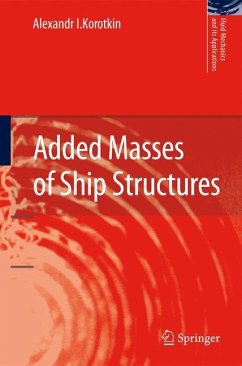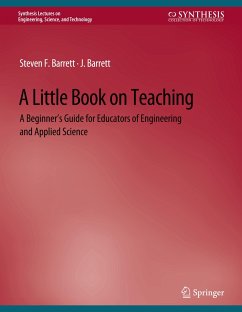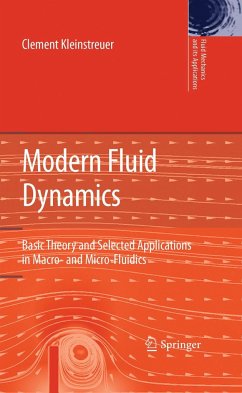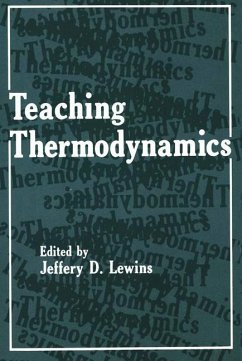
Teaching Thermodynamics

PAYBACK Punkte
20 °P sammeln!
It seemed appropriate to arrange a meeting of teachers of thermodynamics in the United Kingdom, a meeting held in the pleasant surroundings of Emmanuel College, Cambridge, in Sept~mber, 1984. This volume records the ideas put forward by authors, the discussion generated and an account of the action that discussion has initiated. Emphasis was placed on the Teaching of Thermodynamics to degree-level students in their first and second years. The meeting, a workshop for practitioners in which all were expected to take part, was remarkably well supported. This was notable in the representation of e...
It seemed appropriate to arrange a meeting of teachers of thermodynamics in the United Kingdom, a meeting held in the pleasant surroundings of Emmanuel College, Cambridge, in Sept~mber, 1984. This volume records the ideas put forward by authors, the discussion generated and an account of the action that discussion has initiated. Emphasis was placed on the Teaching of Thermodynamics to degree-level students in their first and second years. The meeting, a workshop for practitioners in which all were expected to take part, was remarkably well supported. This was notable in the representation of essentially every UK university and polytechnic engaged in teaching engineering thermodynamics and has led to a stimulating spread of ideas. By intention, the emphasis for attendance was put on teachers of engineering concerned with thermodynamics, both mechanical and chemical engineering disciplines. Attendance from others was encouraged but limited as follows: non-engineering acad emics, 10%, industrialists, 10%. The record of attendance, which will also provide addresses for direct correspondance, will show the broad cover achieved. I am indeed grateful for the attendance of those outside the engineering departments who in many cases brought a refreshing approach to discussions of the 'how' and 'why' of teaching thermodynamics. It was also notable that many of those speaking from the polytechnics had a more original approach to the teaching of thermodynamics than those from conventional universities. The Open University however brought their own special experience to bear.



